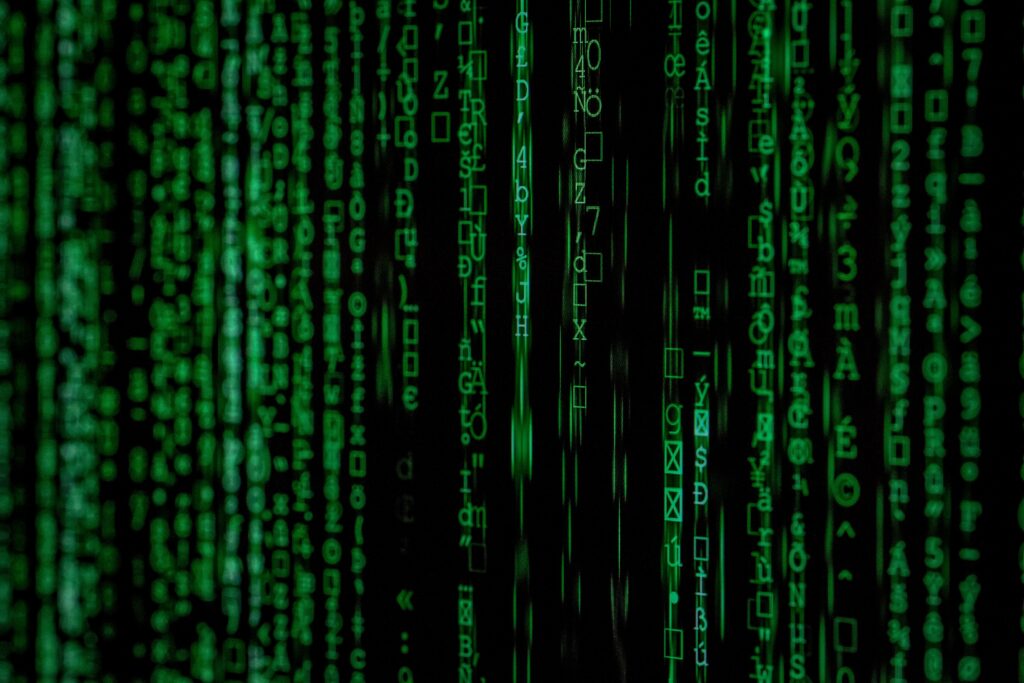We have the power to shape our Future
Picture by Qingbao Meng
It doesn’t have to be an utopia. .
When the movement reaches a global scale, we will be able to see real changes come to fruition.
This section is in progress and open for discussion, so please leave your comments, share your thoughts, and explore other ideas for the future with us.
There is no particular order in which the ideas should be thought, but some should eventually be prioritized for more efficiency in the results.
“There is something very utopian about what I do. But utopia is nothing more than a truth that the world is not yet ready to hear.”
—Yann Arthus-Bertrand
Women included in Governing Countries and Companies?
I believe this idea may be one of the most controversial, yet the more I reflect on it, the more it seems essential for a peaceful global society. Our world has long been shaped by patriarchal systems—structures that have remained largely unchanged since ancient times. These systems have consistently led us into cycles of conflict and war. So the obvious question is: why?
The answer may lie in the biology of the male brain—specifically, the primal drive for power, often linked to the instinct to pass on one’s genes. Research suggests that in males, sexual attraction and aggression are neurologically connected. In a patriarchal society, where men predominantly hold power, it’s not surprising that greed and dominance often dictate the rules—rules that too often lead to conflict.
As simple as it may sound, placing more women in positions of leadership could help regulate these destructive impulses and shift our priorities toward balance, cooperation, and long-term well-being.
Picture by
Develop a platform where unsolved questions, theories or ongoing research could be available to everyone, globally?
It is often the case that in order to solve a particular problem, there is the need to think out of the box. My theory is that any topic or subject could gain by being seen and thought by individuals not in the field, or not in the same country, or not at the same level or age even so. It could be quantum physics or neurobiology, philosophy, cultural barriers… Being aware that those topics exist, on a global scale, would mean potentially billions of individuals working on the same project. Just like neurones can’t do much on their own, but can do marvel as a brain, we could consider each individual as a neurone in our world, that ought to work together will all the other neurones of this earth.
Picture by
Let’s create a Universal Basic Needs System?
We believe this system could be more effective if, instead of directly giving people money, it provided for their basic needs or used a separate currency that could only be used for essentials on a global scale. Simply giving out money, even in amounts well above daily needs, could be problematic for those who lack education or experience in managing a budget.
By ensuring that everyone has access to food, water, shelter, and clothing, we create a more level starting point than what we currently see.
When people no longer need to worry about their basic needs, they can devote more time, energy, and creativity to research, development, or personal growth.
Picture by Markus Spiske


Let’s create a Universal Human Language?
There have been previous attempts to create a universal language, but with global cooperation, we could finally develop a truly common language for humanity.
This is important for several reasons:
- Languages carry the weight of their respective cultures. While English is widely recognized as the ‘international’ language, there’s no inherent reason it should be. Additionally, for nations with historical conflicts involving English-speaking countries, using the language can subconsciously evoke resentment.
- Communication is key to unity. This doesn’t mean erasing existing languages or cultures, but rather adding a universal language that everyone can speak. For culturally specific terms (e.g., ‘sushi’ for Japan or ‘baguette’ for France), we could simply retain the word from its original language.
- This could offer a fresh start, ensuring that no one has a linguistic advantage simply by being born into a particular country or language, leveling the playing field for everyone.
Picture by Markus Spiske
Let’s rebuild our thinking around being a Citizen of the World?
By enlarging the scale at which we think regarding mankind and our society, we can see the world from another perspective, which ultimately leads to want world peace. We cannot just proceed and act blindly independently of the rest of the world, which has been the norm for most countries’ governments policies and tactics.
Picture by
In order to compensate for inequity, implementation of a score based scale?
The level of responsibility of an individual should be calculated regarding various criteria :
- The level of wealth of the country we live in
- The level of safety of the country we live in
- The level of wealth of our caretakers
- The level of education of our caretakers
We can’t expect every individuals to get the same amount of responsibility based on the total score. The more chance you are given by birth, the more we should get responsibility towards others and play a larger part as a role model.
Picture by
Implementation of a score based scale for consumption goods?
In order to promote healthy behaviors, a score based scale for consumption goods could be implemented regarding the level of health of :
- Food. Healthy food should be extremely cheap or free.
- Information. Information that we believe as correct should be free.
- Leisure. Healthy leisure, or activities promoting exercise should get cheaper or free.
- Education. Proper education should be free.
The healthier the element, the better the score and the cheaper the price.
As an example, being able to purchase brocoli (and cultivate them) should be cheap, while extremely processed unhealthy food should get taxed, at the business level, where the prices will be repercussed in stores.
Meaning governments should help producers of healthy goods and overtax companies that create unhealthy goods.
Addictive items creating companies should in particular be targeted (Social media, alcohol, tobacco, gambling and gambling like games, etc…)
Picture by

Let’s create a global education?
Wherever we are born, our education tends to focus primarily on our own country’s history, and often from the perspective of that country. This naturally creates biases towards other nations. Instead, we should prioritize the history of humanity as a whole, embracing our differences.
This is also closely connected to the concept of a universal language. Universal education could be taught in this global language, fostering a more unified understanding of our shared history and promoting global solidarity.
Picture by Ben White